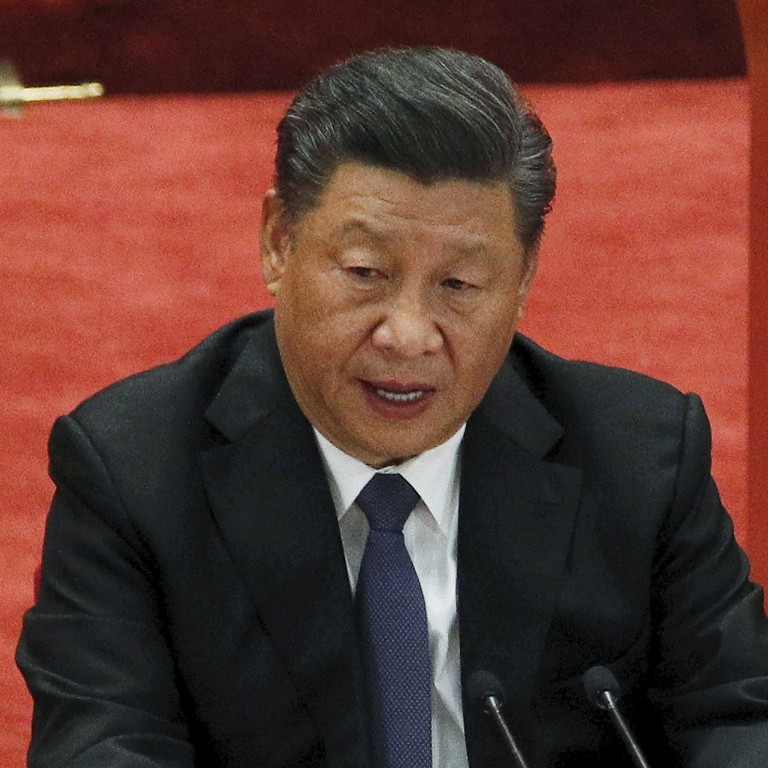
Climate summit ‘may not change the forecast’ for US-China relations
- Chinese observers see only limited scope for the two countries to find common ground as they face off on multiple fronts
- Emphasis on competition with China during early stages of Joe Biden’s US presidency has maintained the enmity of the Donald Trump years, they argue
Expected to receive bipartisan support in the Senate, the bill includes amendments such as a boycott of the 2022 Beijing Olympics by US officials, and addresses competition with China by raising international development funding and working with allies and international organisations.
Bilateral relations that deteriorated during Donald Trump’s presidency are in limbo after the first three months of Biden’s mixed approach.
The Biden administration has consistently characterised the relationship as a “competition” and the two countries have continued to jostle over trade, human rights, cybersecurity and a rules-based international order.
This is despite both sides saying they would seek areas of cooperation, including on climate change and nuclear proliferation, after high-level talks in Alaska last month.
Liu Weidong, a US affairs expert from the Chinese Academy of Social Sciences, said he doubted there was much scope for cooperation even in areas the rivals had identified.
“It is apparent neither side has that much confidence [in cooperation],” Liu said. “Even if there is cooperation, it does not mean bilateral relations can be improved. Cooperation and competition will go in parallel, so we cannot expect one climate summit to mean anything positive for Sino-US relations.”
Liu said, however, that it remained in each side’s interests to show both the world and their domestic audience they were capable of cooperating.
“Room for cooperation is useful to keep hyped-up nationalism in both countries under control, so public policy will not be driven by it,” he said.
Ren Xiao, director of the Centre for Chinese Foreign Policy at Shanghai’s Fudan University, said potential cooperation was limited by the US identifying China as its primary competitor, which had defined the relationship.
South China Sea: the dispute that could start a military conflict
“Although areas for cooperation go beyond climate, the problem is that the US targets China as its most important competitor,” Ren said. “China does not seek to overtake the US. It is necessary for the countries to have a symbiotic relationship.”
Xi said in his speech this week at the annual Boao Forum for Asia that China “will never seek hegemony”, which was viewed as a comment on the US’ approach.
Washington and Beijing remain at loggerheads over security issues in the Asia-Pacific region, with both sides carrying out military drills in the Taiwan Strait and the South China Sea, and the Beijing-based South China Sea Strategic Situation Probing Initiative saying on Tuesday that US spy planes had last week patrolled the southern Chinese coast before heading south to the disputed Paracel Islands.
Wang Yiwei, an international relations professor at Renmin University, said Biden’s policy towards China was still taking shape, and he believed Biden would try to manage conflicts through diplomacy.
“A lot of factors affect Biden, including the latest bill and pressure from Trump supporters,” Wang said. “The most important thing for both sides is the bottom line of agreeing there should not be direct confrontation or war.”


